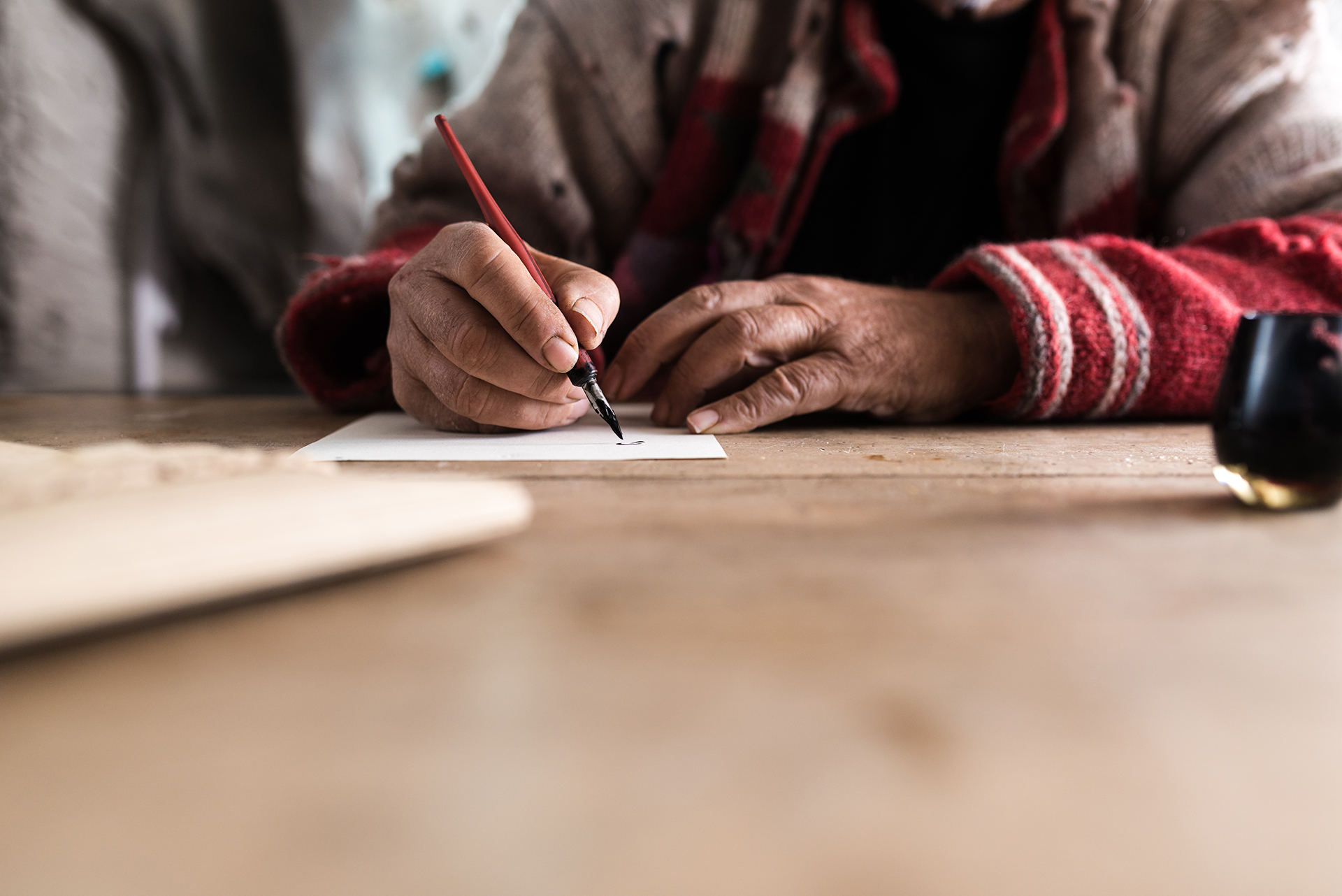(ALL UNITS)
The team _____ scores the most goals wins the World Cup.
that
once __ day, twice __ month, three times __ week
a
Peter loves his cat, ________________?
doesn't he
Relative clauses explain what a place, thing, or person _________
is or does
Order the letters to make a word to describe hair: LURYC
CURLY
Can you name at least 3 relative pronouns?
Who, whom, what, which, and that
We use the adverb _______ to ask questions about frequency, e.g. "How ______ do you go the cinema?"
often
It's 10 o'clock! We aren’t late for class, ________?
are we
Use ______ for a person, ______ for a thing, ______ for a place
who, which, where
m_k_ _ sn_c_ 
a,e,a,a,k (make a snack)
I saw a castle ________ was very beautiful.
which or that
Make a question from this statement: "They write stories once a week."

How often do they write stories?
We've checked in to the hotel already, _______ ?
haven't we
Complete the sentence: "The flight _______ we were waiting for was late because of fog."
which 
l _ t _ r _ _ _
i,e,a,c,y (literacy)
Relative pronouns introduce...
relative clauses
Put the adverbs in order:
usually, sometimes, always, never, often
never, sometimes, often, usually, always
In English, tag questions for positive sentences are _________.
negative
Do we use commas in defining relative clauses?
NO
Order the letters to make a word that describes a bad child: GTANHUY
NAUGHTY
Change these sentences to include a relative pronoun: "My grandmother was an airline pilot. She is sixty years old now."
My grandmother, WHO is sixty years old now, was an airline pilot. 
morning the drinks in teacher the Our coffee always .
Our teacher always drinks coffee in the morning.
In tag questions, you replace the subject of the sentence with...
a prounoun (you, he, she, it, they)
Use a defining relative clause to change this sentence: "These are the tickets. They cost 300 euros."
These are the tickets which cost 300 euros.
_ t i _ _ _ r _
s,c,k,e,s (stickers)
